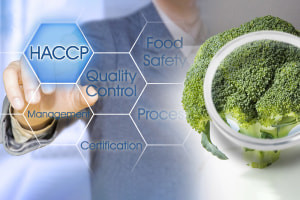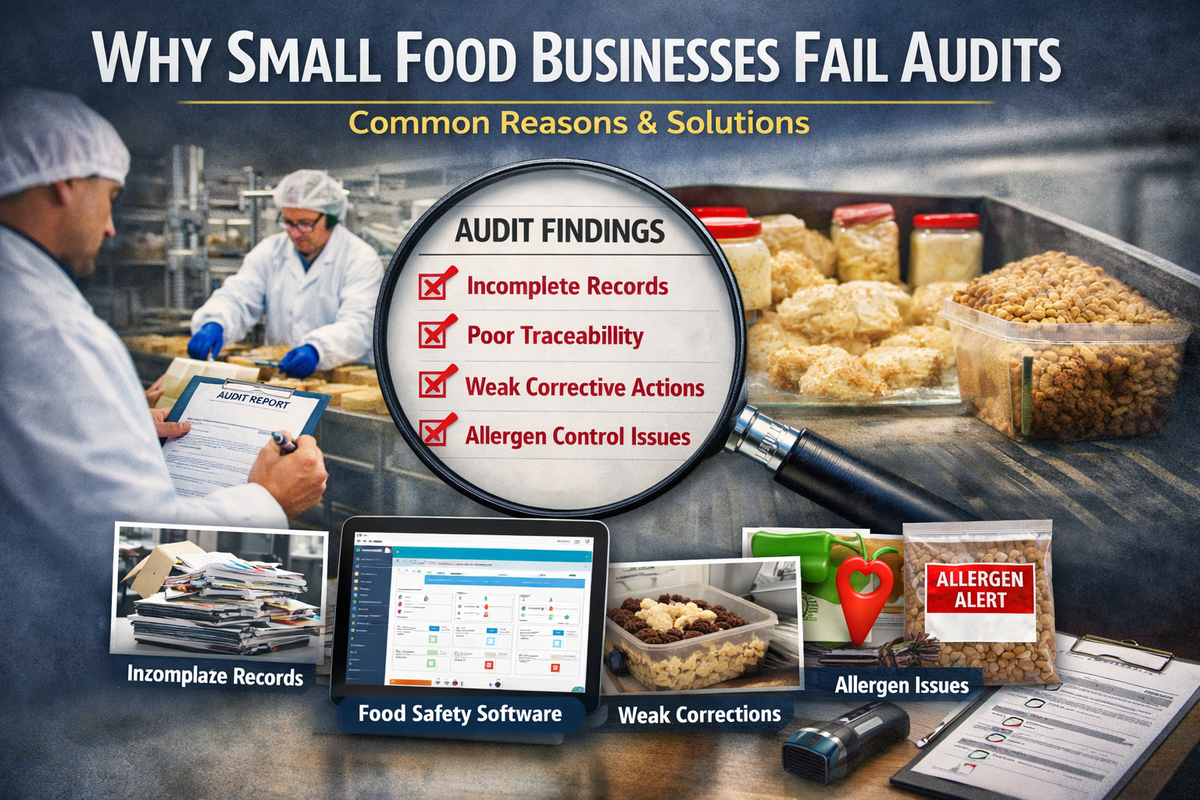Food safety is a major concern for businesses in the food service industry. From cafeterias to restaurants, proper handling and cooking of food must follow strict regulations to ensure the integrity of what we eat. While there are many strategies that can be used to attempt to keep food safe from risks such as bacteria or contamination, one of the most effective strategies is implementing good process control measures that ensure proper procedures and techniques are always followed.
What Are Process Controls?
Process controls are techniques and methods that a business can use to keep track of their processes, production and customer service actions. This means that key elements such as temperature, time and date, product quality and sanitation levels can all be monitored by having an accurate record system in place. This type of system should also incorporate the use of data tracking to provide real-time updates on how effective changes have been in terms of managing risk. A well-managed process control strategy should include routine checks on personnel training standards, equipment maintenance and compliance with any applicable legal regulations or certifications.
How Do Process Controls Relate To Food Safety?
Process controls play an essential role in food safety because they allow for better control over the environment in which food is handled, cooked and stored. By maintaining records of when a batch was made, who prepared it, when it was cooked and other vital information, businesses can develop a comprehensive understanding of their processes and pinpoint areas where food safety may have been compromised. Additionally, by having a structured process for monitoring conditions such as temperature during storage or cooking times at different sites within the business premises provides comfort knowing that customers are eating safe food under proper protocol guidelines.
Examples Of Good Process Controls
One example of good process controls is regularly checking temperatures during storage or preparation stages (such as deep-frying) with thermometers. By making sure temperatures are above minimum requirements during those processes will help make sure bacteria doesn't survive throughout the handling chain nor affects the final product before reaching customers' plates - something that could be potentially risky not just financially but also health wise since it could cause serious injury or illness if not managed properly by following correct protocols that meet established standards. The same applies when it comes to date coding every lot so personnel can know how old each item is - something especially important when dealing with perishables like dairy products which don’t typically last long past their expiration date before becoming dangerous for consumption. Additionally having clear policies regarding employee hygiene should be strongly implemented so employees understand their responsibilities in terms preventing cross contamination among batches.
Benefits Of Implementing Process Controls
The implementation of process controls has several benefits for businesses operating within the food service industry. Firstly it helps increase customer confidence since they’re provided with assurances that everything related to preparing dishes has been done correctly. Secondly process controls guarantee compliance with specific health codes since temperature checks or date recording guarantees required minimums have been met in order to remain operational legally correcting licences can be acquired - considering downgrading due disregarding regulations altogether would be avoided due avoiding possible penalties coming from governmental authorities &/or third party agencie. Finally efficient record keeping systems streamline not only reporting tasks but also evidence gathering activities for insurers if there's any need for showing proof about observing certain safety measures.
Overall managing food safety risks through process controls plays an essential role businesses wanting ensure proper hygienic practices being maintained - ultimately leading towards satisfied customers & safeguarding company reputation too.







